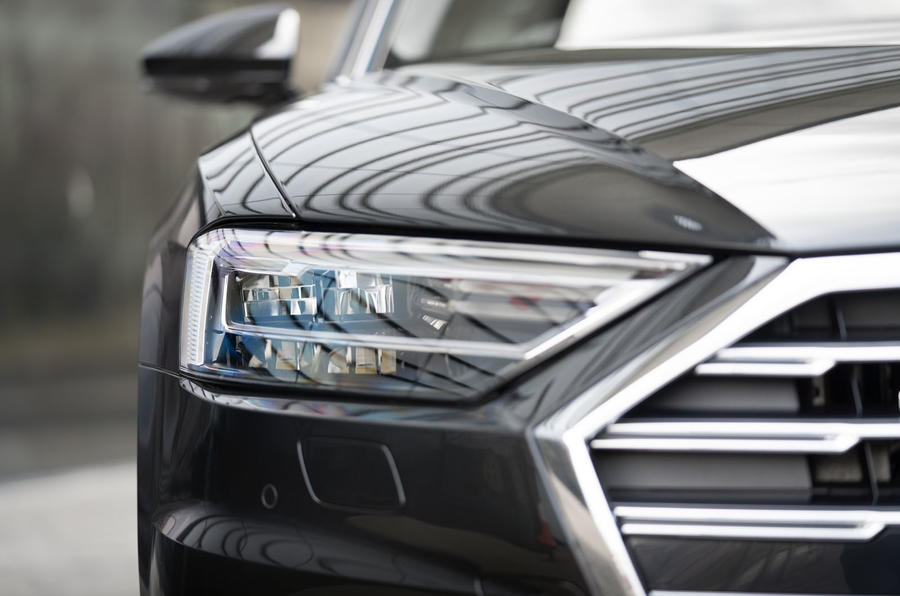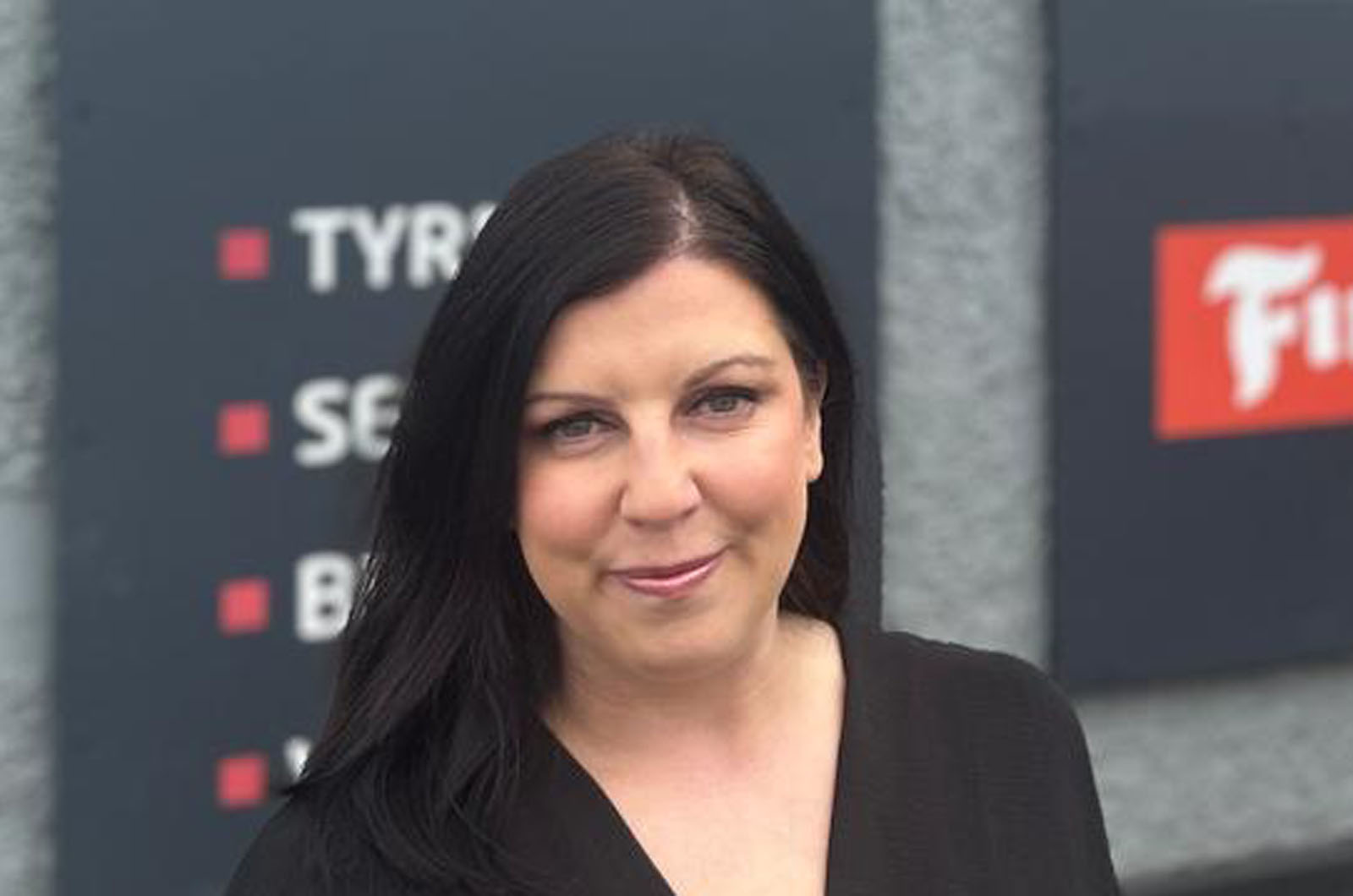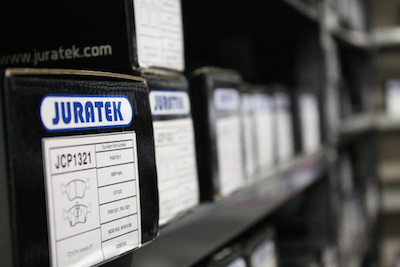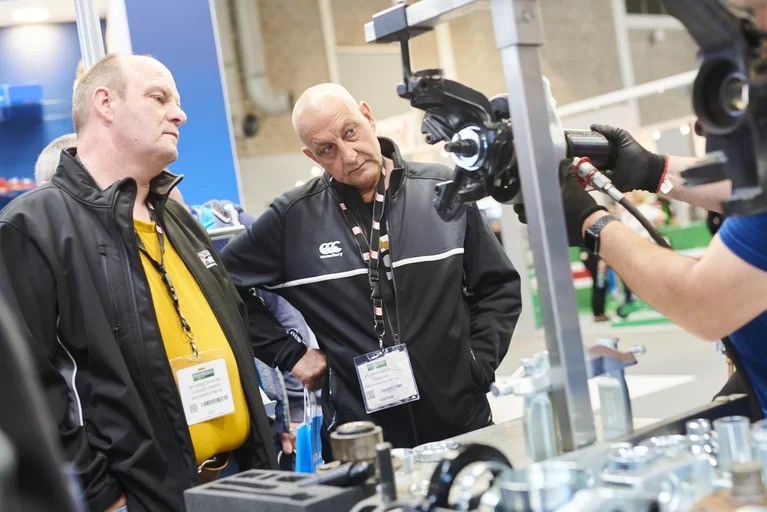 Q: Congratulations on putting Chapter 11 behind you – how will this influence Delphi’s aftermarket strategy going forward?
Q: Congratulations on putting Chapter 11 behind you – how will this influence Delphi’s aftermarket strategy going forward?
A: The move into becoming a private company is a major event. It allows us to focus on our key areas of expertise and on geographic expansion.
We’re now moving our products into Eastern Europe, we’ve established an office in Russia, we have a new office in Poland and we’ve expanded in North Africa.
Q: What about Western Europe and the UK – are these still important markets for Delphi?
A: Of course – as Frank Ordoñez [Delphi’s vice president] has said, 40% of Delphi’s aftermarket sales are to the European markets and about 20% of our global Delphi Service Centre network is in the UK.
Q: How many service centres are there right now?
A: There are 509 globally and 104 in the UK. Delphi Service Centre is a key strategic initiative for Delphi and we have ambitious growth plans for the programme.
We launched the network in 2007, which was a strategic decision. There was a timing issue – if we had put it into the market in 2000, that would have been too early and 2011 would have been too late.
We needed to make sure the diesel market was mature enough for our garage partners to make a return on their investment in one to two years.
Q: Do you think you got the timing right?
A: In the UK, the garages’ return on investment is in labour and parts and while of course we want them to sell Delphi parts, we need to give them that return on labour.
For most garages, the proof point is one year to 18 months. And by the end of year one, we found that in the majority of cases, the return was around 10-15% above what we forecast.
Q: How many more centres are you planning to add to the UK network in this phase of expansion?
A: We don’t want to get into a numbers game – we’ll grow at the rate that the market requires it; we don’t want saturation. We need to find a balance by looking at each individual market and establishing how many centres it can support.
The worst thing is to create a network which subsequently fails in years two, three and four. It’s incredibly difficult for you to clean it up.
Q: So how do you control network size and concentration?
A: We don’t grant exclusive territories but in cases where there is an existing Service Centre and another garage wants to join, we ask: is there enough of a market to allow both of them to succeed.
Too much competition forces businesses to reduce costs. I’ve seen saturation a number of times and what happens is that the market drives down to the lowest quality of components and the lowest quality of labour – it’s a lose-lose situation.
Q: What sort of investment have you made in the programme this year?
A: We’ve introduced 400 new parts and new diagnostic tooling and we’ve enhanced training with six new modules. We’re also preparing to launch a new online training platform and marketing support programme for garages.
Q: What is the business opportunity for garages getting involved in diesel now?
A: There are currently around 4.5 million diesel vehicles over four years old, which means that they have moved out of warranty. From now on this figure really starts to ramp up so that by 2012 the aftermarket for diesel cars will be 7 million units. That’s a rapid rise, and we anticipated it when we designed the Delphi Service Centre.
Diesel penetration in Europe is now 57% and in France it’s 72%. It’s quite astounding – when I first came into the business, I didn’t think we would ever get diesel into cars.
Q: What impact will the move into alternative powertrain technology have on the market’s potential?
A: Electric vehicles will take market share certainly but diesel will have to play a role in hybrid vehicles so in this market it won’t lose share. Looking at the dwindling supply of petroleum, the best thing is to use it sparingly, which diesel does.
The Delphi Service Centre is a modular programme, designed to help garages to service the latest vehicle systems, including engine management for diesel and petrol, air conditioning and braking, steering and suspension. The programme is structured round six key elements: diagnostics, tooling, training, technical support, parts and professional marketing support.










Go to comments